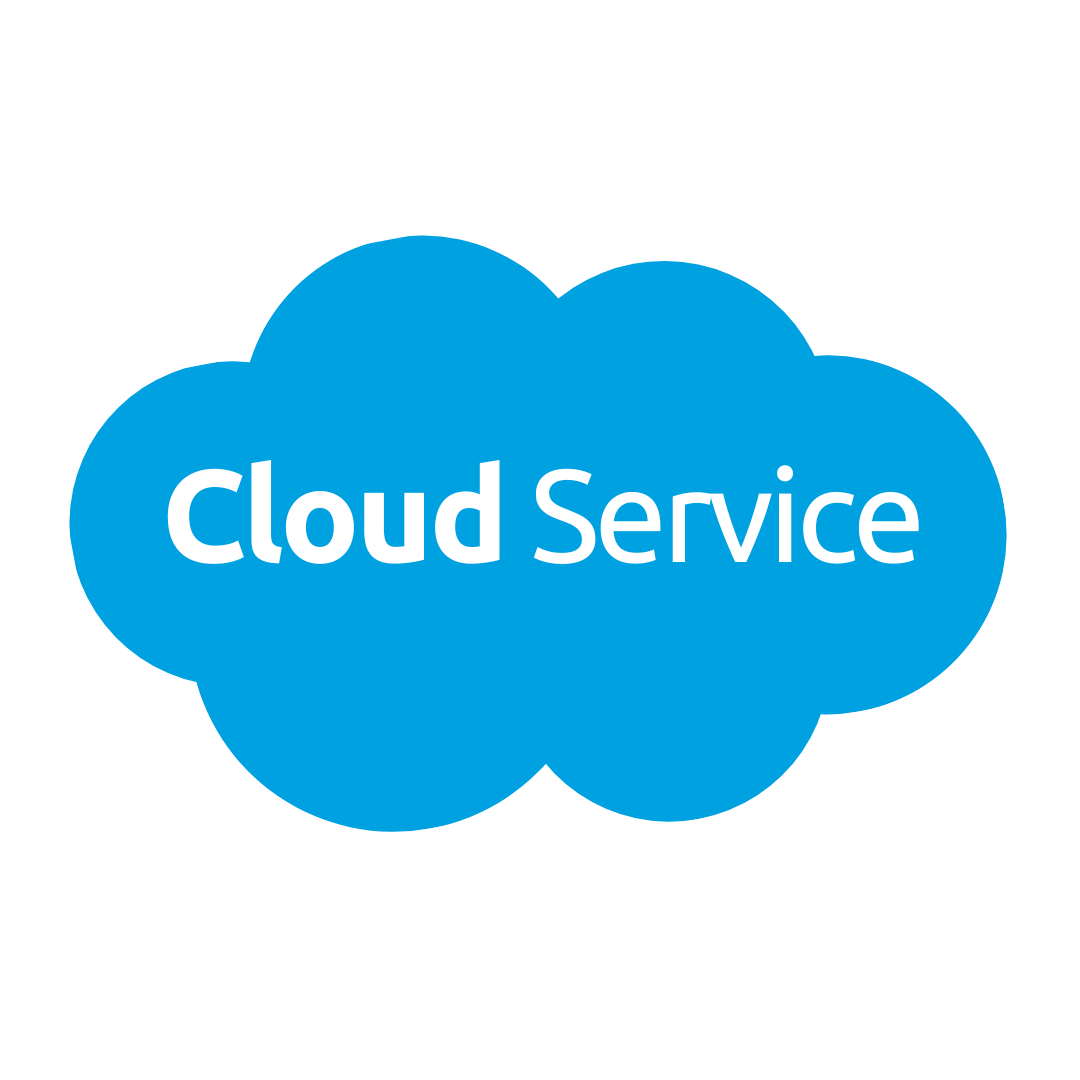+91 9014960234
info@arwinglobalsolutions.com

An advanced cloud computing course delves into the intricacies of cloud platforms such as Amazon Web Services (AWS), Microsoft Azure, and Google Cloud Platform (GCP). Participants will gain a sophisticated understanding of cloud architecture and design patterns, mastering the art of designing scalable, resilient, and secure solutions. The curriculum covers Infrastructure as Code (IaC), enabling automation of infrastructure provisioning using tools like AWS CloudFormation, Azure Resource Manager, and Google Cloud Deployment Manager. Advanced networking topics, including virtual private cloud configurations and network peering, are explored in-depth. Security and compliance become focal points, with experts delving into best practices, identity management, encryption, and compliance frameworks specific to each cloud provider.
The course extends into containerization and orchestration, teaching participants how to leverage Docker and Kubernetes for efficient application deployment and management. Serverless computing is a key focus, with hands-on experience in AWS Lambda, Azure Functions, and Google Cloud Functions. Participants develop specialized knowledge in cloud-based storage solutions, databases, and advanced data analytics tools. Concepts of machine learning using cloud-based services are introduced, incorporating platforms like AWS SageMaker, Azure Machine Learning, and Google AI Platform.
Practical aspects of monitoring, logging, and implementing DevOps and CI/CD pipelines are emphasized, ensuring participants are well-versed in deploying and maintaining applications with efficiency. Hybrid and multi-cloud strategies are explored, preparing individuals to design solutions that seamlessly span on-premises and multiple cloud environments. The course also covers cost management and optimization strategies, teaching participants to make informed decisions on resource allocation and utilization.
As participants progress, the course encourages the pursuit of advanced certifications offered by cloud providers, validating their expertise in complex scenarios. Enterprise-level implementations are a focal point, addressing governance, compliance, and organizational considerations within the cloud. Ultimately, the course equips individuals with the skills and knowledge needed to navigate the evolving landscape of advanced cloud computing, empowering them to architect and manage robust, secure, and scalable solutions in diverse and challenging environments.
Want to receive push notifications for all major on-site activities?
